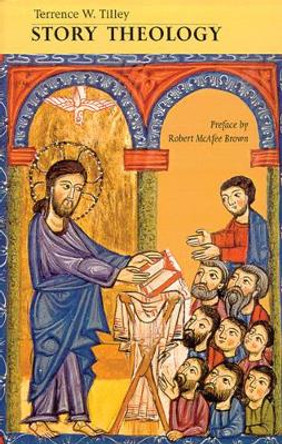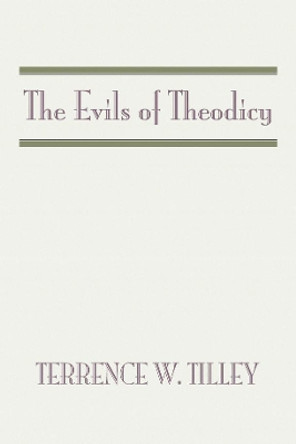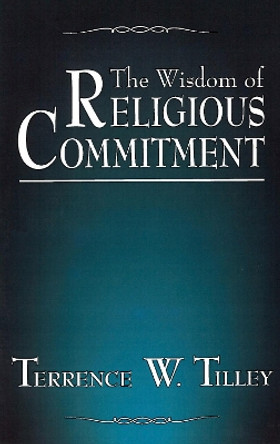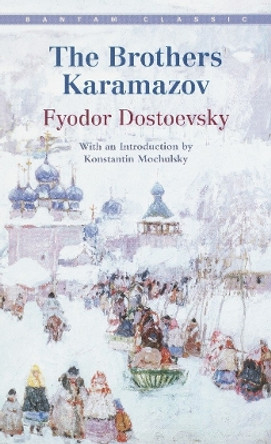This is a new interpretation of Dostoevsky's novel
The Brothers Karamazov that scrutinizes it as a performative event (the "polyphony" of the novel) revealing its religious, philosophical, and social meanings through the interplay of
mentalites or worldviews that constitute an aesthetic whole. This way of discerning the novel's social vision of
sobornost' (a unity between harmony and freedom), its vision of hope, and its more subtle sacramental presuppositions, raises Tilley's interpretation beyond the standard "theology and literature" treatments of the novel and interpretations that treat the novel as providing solutions to philosophical problems. Tilley develops Bakhtin's thoughtful analysis of the polyphony of the novel using communication theory and readers/hearer response criticism, and by using Bakhtin's operatic image of polyphony to show the error of taking "faith vs. reason", argues that at the end of the novel, the characters learned to carry on, in a quiet shared commitment to memory and hope.
A new interpretation of Dostoevsky's masterpiece focusing on the relationship of the freedom of persons to and in their communities.About the AuthorTerrence W. Tilley is Professor Emeritus of Theology and Chair of the Department at Fordham University, USA.
Book InformationISBN 9780567704375
Author Dr Terrence W. TilleyFormat Hardback
Page Count 184
Imprint T.& T.Clark LtdPublisher Bloomsbury Publishing PLC









